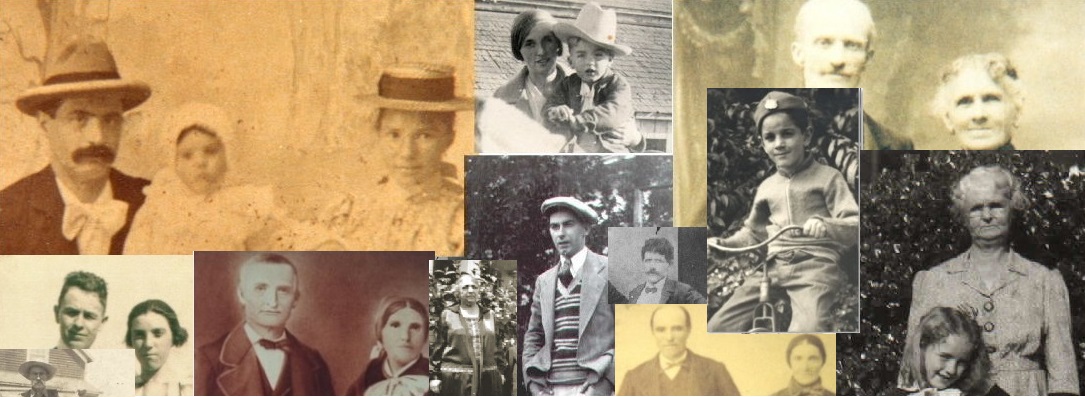I’ve been researching for over 20 years. In that time, I’ve lamented that some people have an easier time researching than me because their ancestors came here before the American Revolution. There lines have been researched and then researched again. My brother-in-law not only has La Grange’s in America back to the 1600s but he has Boisvert’s in Canada at the same time!
My main states are Hawaii and California (with very specific regions for both). Both with newer immigration trails. If you’ve researched online for either of these states, you’ve probably noted that there are less resources than say, New York, Massachusetts, etc.
What I’ve realized is this issue isn’t one of lack of interest by genealogists. There seem to be plenty of Pacific Coast genealogist. I think it has more to do with the time frame. It’s what I call having “new immigrants”. For most of us researching Hawaii, and for a good part of those researching California, our immigrants came to the US fairly recently on the United States history timeline. My earliest line came from Ireland in the late 1840s. After that, the next immigrant came from France around 1880. Then, there was a slow trickle of Azoreans and French relatives coming over until my Grandpa, the last one, arrived in 1907.
I have no Mayflower ancestors, no American Revolution ancestors. I have yet to find anyone even a “marry in” who fought in the U.S. Civil War. The ones who were in the US were already out in California and far from the action.
While there are many databases to find records after 1900, pre-1900 California and Hawaii databases are difficult to locate. And, if you are like me with San Francisco roots, they may be non-existent.
But, I think the real problem has to do more with the fact that most of us with new immigrant ancestorss will make the jump across the pond rather quickly. I only have one great grandparent born in the US. Her father was an immigrant and her maternal grandparents were immigrants. This means that most of my research before 1900 and all of it before 1850 will be done in a foreign country. For me that means Australia, Wales, England, Ireland, France, and the Azores Islands.
While it makes things more challenging, it doesn’t make them impossible. As far as online records go, there’s more available to me for France than California and Hawaii. France has put a majority of it’s archives online going back to the 1600s. The Azores Islands are slowly putting their records online. One of my villages is already online and I’m impatiently awaiting another.
Don’t get me wrong, there are challenges. Language is the big one. I have already needed to learn a little French, Portuguese, Hawaiian, and Latin. Language is a speed bump not a barrier. I don’t really know any of these languages, but I learned how to read the records well enough to work in them.
Finding the records you need is a bit more complicated when working outside the country. While there are many aids for locating records in the US, it’s more difficult finding them for foreign countries and specific regions in foreign countries. It isn’t as easy to send off a letter or email to find who has what collection. And, in some cases, you are limited to church records as official recording was not started until well into the 1800s or even the early 1900s. Also, boundaries change do to wars, treaties, etc. Your ancestors may never have left one country, but their records could very well be held in another.
Are you in the same boat as me? (no pun intended) Does your research jump off the United States fairly quickly? It can get frustrating knowing that a whole century or so of American records won’t be available to you. But, it doesn’t mean you won’t be able to do your family tree. As interest in genealogy grows, so will the digitization of records. I am always searching to find new databases. You never know when what you need will pop up.
Someday, I might learn that some ancestor way back in my tree came to the US long before everyone else. But, for now, I have to deal with the intricacies and challenges of new immigrants. Pond jumping isn’t so bad as long as there is something to jump to.






